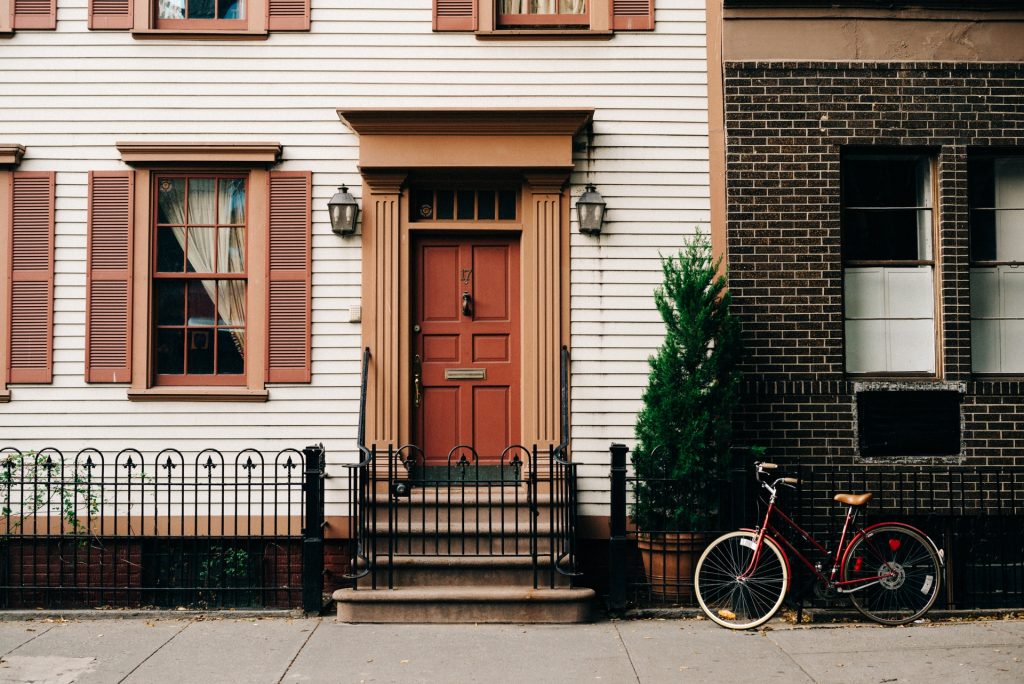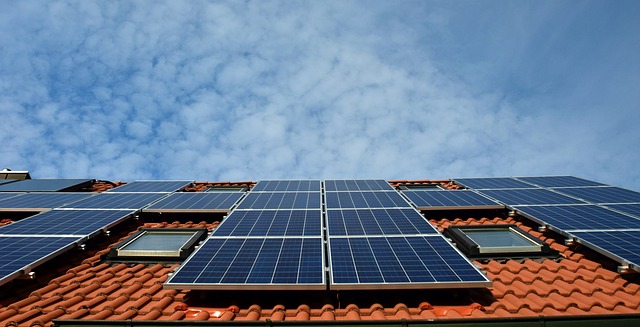We all want to be a little greener. Younger generations, in particular, have a passion for environmentally conscious lifestyle. Studies suggest that the majority of Generation Z would pay more for goods and services they knew they had a reduced impact on the environment as compared to rival products.
There are many ways we can help to reduce the impact our lives have on the environment, from limiting car travel to buying sustainable foods.
One such area that can have the biggest impact on our carbon footprint is how we live at home. A place we spend much of our time, both major and minor tweaks to the household have impressive effects on our individual environmental impact. With this in mind, here are 4 IDEAL home improvement tips to make your house green.
DITCH YOUR OLD BOILER
An older boiler can cost upwards of £300 more per year on your energy bills than a newer model. While this sounds like it is hitting your wallet the hardest, it’s actually having a major impact on your environmental footprint.
The reason you are spending so much extra on bills is because your boiler is ineffective in what it does. The old and worn parts mean it’s struggling to make heat. In doing so, the appliance wastes more energy, which burns more fuel, which increases CO² output.
Boilers last about 10 years. After that, their efficiency starts to drop and output vs fuel consumption diminishes. Get rid of your old appliance, install a boiler that is eco-friendly, and make your house green.
ENERGY EFFICIENT TECHNOLOGY
With a new focus on saving energy and reducing environmental impact has come a new wave of technology to meet demands. Energy-efficient tech exists to cover all facets of modern living, from TVs and entertainment devices, to washing machines and dishwashers.
Moving to this technology reduces your energy expenditure, much like renewing your boiler. For example, changing to energy-efficient light bulbs can save you £100 a year on your bills, and installing a eco-friendly fridge could recover as much as £130.
All this money translates to a reduction in the amount of energy you are using. It means you are spending less because your consumption is far lower. Make your house green by switching to energy-efficiency technology: the environment and your bank balance will thank you.
INSULATE YOUR PROPERTY
Your property is wasting energy — it’s bleeding it. Poor insulation increases your need to burn fuels in order to stay warm in the winter and cool in the summer. As temperature to cool or warm is spread around your home through your central heating, fans or air con, it dissipates and is lost through the ceiling, walls, windows, doors and flooring, as it balances with the weather outside.
But this is all unnecessary. Simply by insulating your property better, you can reduce energy waste and, therefore, make your house greener. Limiting this type of energy loss means you lessen the need to burn energy to keep your house the temperature you want it, lowering your carbon output.
Retention is all about better insulating the spaces of your home. Filling empty cavities in walls, attics and flooring with substances such as foam or fibreglass, will stop that bleeding happening so quickly. It’s a simple solution, yet incredibly effective and impactful.
SUSTAINABLE ENERGY
The results are in: the entire world wants more renewable energy. A survey of 26,000 people across 13 countries and three continents found that 83% of people believe creating more renewable energy is a priority. The fact of the matter is you don’t have to wait to go green and enjoy sustainable energy. You can do it now. There are two ways to do this:
Produce Your Own Energy — Solar panelling might seem like super-advanced, high-profile tech, but it is becoming increasingly accessible. Anyone can install panels on their property. While initial costs are high, solar panels not only reduce your environmental impact, but can also save you hundreds on your utility bills. With a lifespan of 25 years or more, they’ll help you save the planet and save on bills for a long time.
Switch to a Renewable Energy Supplier — If you’re willing to pay a bit more for your energy, you can switch to suppliers that source their energy from renewable sources. Yes, it will definitely cost more than those burning fossil fuels for your electricity and gas, but the reductions in your carbon footprint will be considerable.








